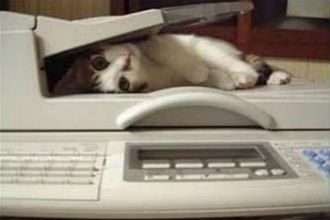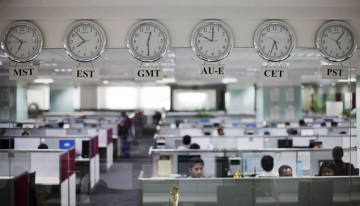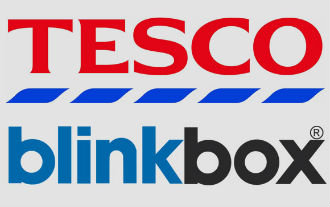 The days when sparking up a fag with a drink in the warmth in public is a misty memory for those who live in the UK.
The days when sparking up a fag with a drink in the warmth in public is a misty memory for those who live in the UK.
Instead smokers have had to endure the cold, snow, and often spaces smaller than a battery farm in a bid to get that nicotine hit after a meal at a UK restaurant, in a bar or in a club.
However, it seemed that some smokers’ problems were stubbed out thanks to the E-cigarette, which steam rolled into the market.
Marketed as a lower risk option to smoking and a way to help quit the habit, this new product
also had the added extra of allowing people to “smoke” inside.
The e-cigarette comes in two parts. One end contains the liquid nicotine, while the other has a rechargeable battery and an atomiser.
When the user inhales, the liquid nicotine is vaporised and absorbed through the mouth.
As there is no tobacco in these products, there is no harmful, and potentially lethal tar, and the “smoke” that these emit is mainly water vapour.
According to the charity Action on Smoking and Health (ASH) around 700,000 people in the UK were using e-cigarettes last year, with around 300,000 more predicted to use these this year.
However, new proposals could now see the industry, which has around 100 manufacturing companies, go up in, er, smoke.
Earlier this year the British Medical Association (BMA) called for more regulation and research around these products, advising health professionals to use regulated and licensed nicotine replacement therapy instead to help patients stop smoking.
It is also calling for restrictions to the marketing, sale and promotion of e-cigarettes, and for clear labelling on the contents of cartridges and their safe use.
In an updated online briefing, it pointed out that these battery-operated devices were not licensed as a medicine in the UK and there was a lack of peer-reviewed evidence on their value in helping smokers cut down or stop.
It also said there were concerns that the use of e-cigarettes could threaten the norm of not smoking in public places and workplaces.
BMA director of professional activities Vivienne Nathanson said: ‘It took us many decades and hundreds of thousands of deaths to understand the connection between cigarette smoking and disease. We must not encourage use of a new system of nicotine delivery when we are unsure about its safety, or efficacy as a means of stopping smoking.
‘We are especially concerned that e-cigarettes might reinforce the smoking habit as they are designed to closely mimic smoking actions.’
The UK Medicines and Healthcare products Regulatory Agency is set to report on nicotine product regulation this spring.
 Teens may have to look for their onesies elsewhere with news that Republic is teetering on the brink of administration.
Teens may have to look for their onesies elsewhere with news that Republic is teetering on the brink of administration.


















